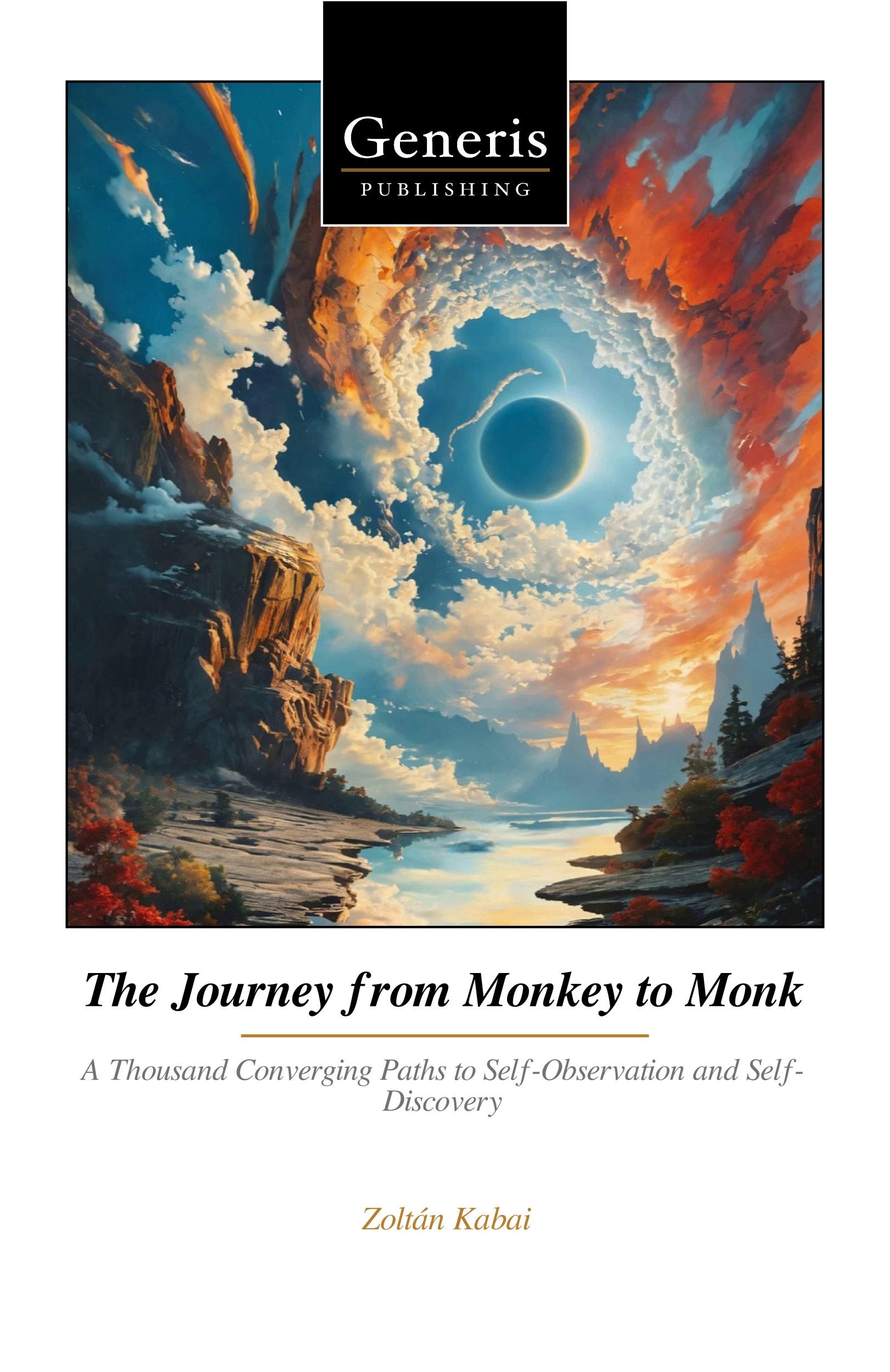










| Pages: | 510 |
|---|---|
| Published: | 2025 |
| ISBN: | 979-8-89248-920-1 |
| Language: | English |
| Category: | Philosophy, Psychology |
1. Do writers still have a special role to play?
Absolutely—perhaps more than ever. Across history the written word has acted like a slow‑moving wave: it starts as a private intuition, ripples through a community, and sometimes travels undiminished for centuries. Today we label such currents influence, but the mechanism is the same: language reaches past the moment, enters conscience and subconscious at once, and quietly helps decide “who we become.” That makes authors—whether novelists, lyricists or long‑form posters—custodians of a sacred pantry: they prepare the food of thought. If we want a healthier collective diet, we must ask writers to season their work with responsibility, curiosity and empathy. They are translators between eras, cultures and academic silos; their dictionaries let tomorrow’s readers keep conversing with yesterday’s voices.
2. The message I hope to pass to readers:
My notebooks began as a self‑rescue mission: scattered sketches, déjà‑vu moments and half‑finished diagrams that gradually conspired into a single mosaic. Along the way I learned to hunt for patterns—archetypes that simplify what first looks chaotic—and to treat each déjà‑vu as a hint that time itself is braided. If my pages do anything, I hope they invite you to the same inward cartography: map your loops, name your patterns, see how “Me” and the seemingly changeable “Not‑Me” interlock. When noise is organised, insight appears; when insight appears, compassion follows. In the end my books are less about my conclusions than about giving you one more vantage‑point from which to practise the oldest counsel etched above Delphi’s gate: “Know Thyself.”
3. Publishing with Generis—how did it feel?
In one word: synchronicity. Generis arrived like the friendly stranger in folklore—just when I had a manuscript in my pocket and only a hunch that it deserved a wider fate. From the first courteous e‑mail to the moment I unboxed the printed volumes, their team proved both nimble and unwavering: professional guidance, prompt answers, genuine enthusiasm for ideas that wander off the beaten path. It felt less like signing a contract and more like joining an ecosystem—an agile network of “literary angels” (and, in my case, an occasional AI whisperer behind the curtain). If dreams require a well‑fitting glove, Generis tailored mine. I look forward to many more miles together.
— Dr. Zoltán Kabai